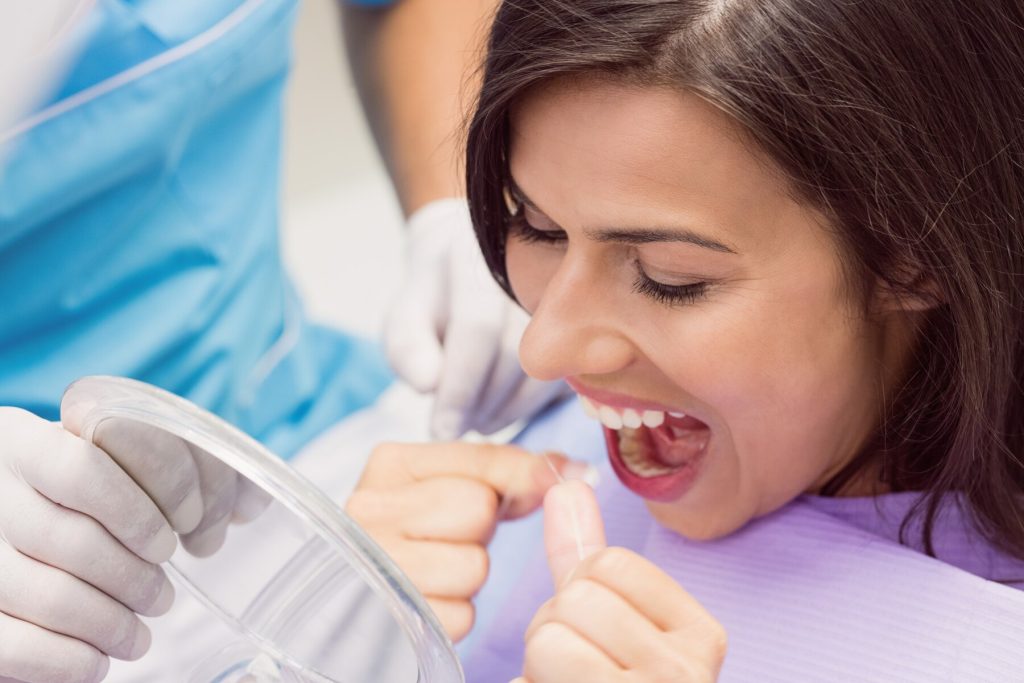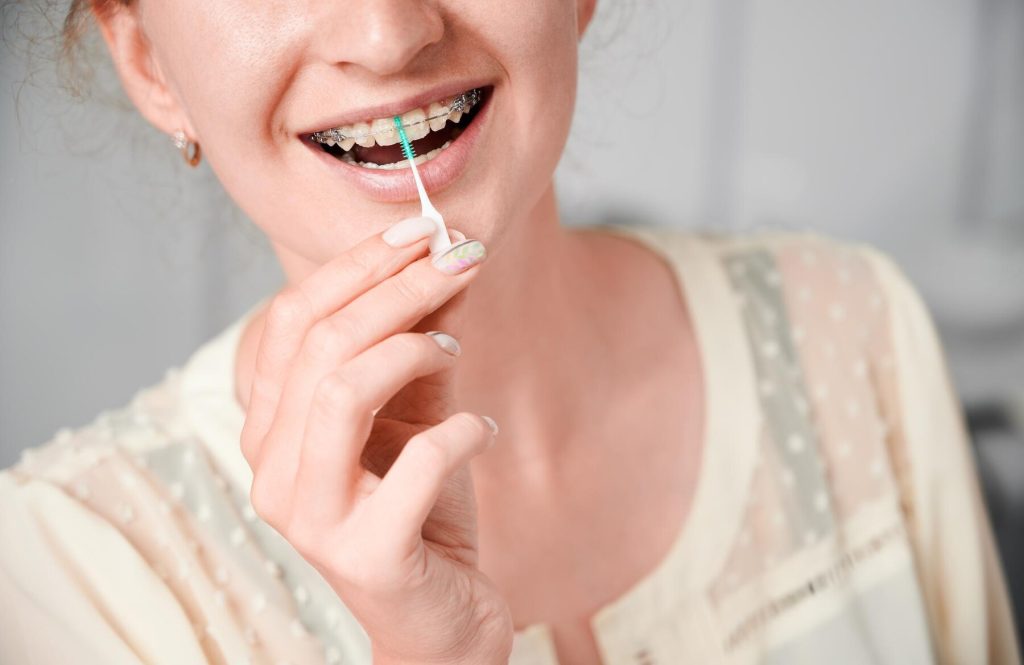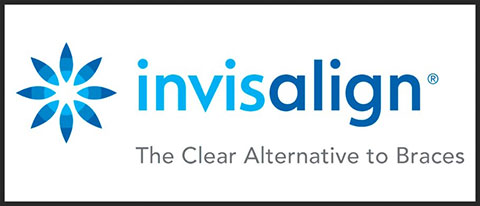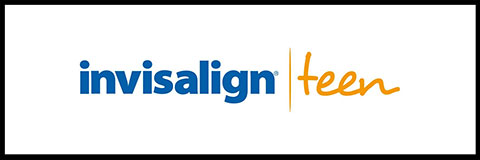Pregnancy is an exciting and transformative period in a woman’s life, but it also comes with its own set of unique challenges, particularly for those undergoing orthodontic treatment. The physical and hormonal changes that accompany pregnancy can raise questions about how to manage your braces or Invisalign, as well as how pregnancy might impact your oral health. These concerns are completely normal, and the good news is that with the right guidance, you can continue your orthodontic journey safely and effectively.
In this comprehensive guide, we’ll explore how pregnancy affects orthodontic care and what steps you can take to navigate this journey with confidence. From managing hormonal changes and dietary considerations to understanding the safety of procedures like X-rays, this article is designed to provide the information and reassurance you need to stay on track with your orthodontic treatment while embracing this special phase of life.
1. Can You Get Orthodontic Treatment While Pregnant?
Yes, it’s safe to continue or begin orthodontic treatment during pregnancy. Braces and Invisalign work to correct your teeth without involving invasive procedures, making them safe for expectant mothers. However, pregnancy causes hormonal changes that can impact your oral health, so extra care is necessary.
Pregnant women often experience unique oral health challenges, including swollen gums and increased sensitivity. Fortunately, orthodontists can adapt your treatment to account for these changes. Informing your orthodontist about your pregnancy ensures that your care plan is adjusted to prioritise your comfort and safety.
Orthodontic treatment during pregnancy can also provide long-term benefits, as aligning your teeth may improve your ability to maintain oral hygiene, reducing the risk of dental problems. However, it’s important to stay vigilant about potential risks and communicate openly with your orthodontist.
Key Tips:
- Inform your orthodontist about your pregnancy as soon as you know.
- Schedule additional dental check-ups to monitor for pregnancy-related oral health issues.
- Discuss any discomfort or concerns with your orthodontist to ensure personalised care.
2. How Do Pregnancy Hormones Affect Oral Health?
Hormonal fluctuations during pregnancy can lead to changes in your gums and teeth. Increased levels of oestrogen and progesterone make gums more sensitive and prone to swelling, a condition known as pregnancy gingivitis. This sensitivity can make cleaning around braces more challenging, increasing the risk of plaque build-up and cavities.
Pregnancy gingivitis affects about 60-75% of pregnant women, making it a common concern. In some cases, this can escalate to more serious conditions like periodontitis if not managed properly. Maintaining oral hygiene is crucial for preventing complications that could impact both your health and your baby’s.
Hormones also affect how your body responds to bacteria in your mouth. Even minor issues, such as plaque build-up, can trigger exaggerated reactions from your gums, leading to tenderness and bleeding. Regular cleaning and professional check-ups become even more critical during this time.
What to Watch For:
- Red, swollen, or bleeding gums
- Tenderness while brushing or flossing
- Increased plaque or tartar build-up
Taking proactive steps can help you maintain healthy gums and prevent complications. If you notice any changes in your oral health, consult your orthodontist promptly to adjust your care plan.
It’s also worth noting that maintaining oral health during pregnancy can have benefits beyond your smile. Research suggests that good oral hygiene may reduce the risk of pregnancy complications like preterm birth or low birth weight, underscoring the importance of regular dental care.
3. Are X-rays Safe During Pregnancy?
Orthodontic treatment sometimes requires dental X-rays to assess the alignment of your teeth and jaws. While dental X-rays emit very low levels of radiation, most orthodontists prefer to avoid them during pregnancy, particularly during the first trimester. X-rays are only used when absolutely necessary and with appropriate precautions.
Modern digital X-rays significantly reduce radiation exposure compared to older methods, making them safer. However, orthodontists typically postpone X-rays unless they are critical for your treatment plan.
In some cases, alternative diagnostic methods, such as physical examinations or past records, may be used to minimise the need for X-rays. This ensures that your treatment continues safely without unnecessary risks.
How to Stay Safe:
- Always inform your orthodontist and dental team about your pregnancy.
- If an X-ray is essential, ensure that a lead apron is used.
- Ask your orthodontist to postpone non-urgent X-rays until after your baby’s birth.
Modern digital X-rays are safer than older technologies, but your orthodontist will prioritise your health and safety when determining their necessity. If you are concerned, don’t hesitate to discuss alternatives and ensure that all safety protocols are followed during the procedure.
4. Dealing with Braces Discomfort During Pregnancy
Pregnancy can heighten your sensitivity to pain and discomfort, making it more challenging to adjust to braces or aligners. For Invisalign users, morning sickness can complicate aligner use, as nausea may make wearing them uncomfortable.
Braces can sometimes cause irritation to the inside of your cheeks or gums, and pregnancy may amplify this sensitivity. Understanding how to manage these challenges can make your treatment more comfortable.
Additionally, changes in your oral anatomy due to pregnancy can affect how your braces fit. Your orthodontist may recommend more frequent adjustments or offer solutions to manage unexpected discomfort.
Tips to Stay Comfortable:
- Apply orthodontic wax to brackets causing irritation to cheeks or gums.
- Rinse your mouth with a soothing, alcohol-free mouthwash to reduce soreness.
- Remove aligners temporarily if morning sickness is severe, but wear them again as soon as possible.
- Discuss discomfort with your orthodontist, who may recommend specific adjustments or products.
It can also be helpful to carry a small kit with orthodontic essentials, such as wax and a travel toothbrush, to address discomfort on the go. Staying consistent with your treatment, even when discomfort arises, is essential for achieving the best results.
5. Keeping Your Teeth Clean with Braces
Oral hygiene is always important, but it’s especially critical during pregnancy. Hormonal changes can increase your risk of gum disease and tooth decay, so maintaining a thorough cleaning routine is crucial.
Pregnant women with braces face additional challenges due to the difficulty of cleaning around brackets and wires. Investing in proper tools and techniques can make all the difference. Studies have shown that effective oral hygiene during pregnancy may reduce the risk of pregnancy-related complications.
Using the right products, such as fluoride toothpaste and interdental brushes, can help you reach areas that are difficult to clean with traditional methods. Your orthodontist may also recommend antimicrobial rinses to reduce bacteria build-up.
Oral Hygiene Tips:
- Brush twice daily with fluoride toothpaste, focusing on all areas around your braces.
- Use interdental brushes or floss threaders to clean hard-to-reach spaces.
- Rinse with fluoride mouthwash to strengthen enamel and prevent cavities.
- Schedule regular visits to your hygienist for professional cleanings.
- Consider using an electric toothbrush for a more effective clean.
A little extra effort in maintaining oral hygiene can go a long way in preventing complications and ensuring a smooth orthodontic journey. Don’t forget to replace your toothbrush regularly, especially if you’ve experienced morning sickness, as stomach acid can weaken the bristles over time.
6. What to Eat with Braces During Pregnancy
A nutritious diet supports your baby’s development, but with braces, some food restrictions are necessary to avoid damaging brackets and wires. Hard, sticky, or chewy foods can dislodge orthodontic appliances and should be avoided.
Pregnancy cravings can sometimes make it challenging to stick to a braces-friendly diet, but planning your meals can help you stay on track.
Foods to Avoid:
- Hard foods like nuts, raw carrots, and hard candies
- Sticky items like caramel, gum, and toffee
- Chewy foods such as bubble tea pearls, tough meats, and dried fruits
Braces-Friendly Options:
- Soft fruits like bananas, mangoes, and berries
- Steamed vegetables like broccoli and carrots
- Protein-rich options like scrambled eggs, tofu, and baked fish
- Dairy products such as yoghurt and cheese
- Smoothies packed with fruits, vegetables, and yoghurt for added nutrients
Including a variety of nutrient-dense foods in your diet not only supports your baby’s growth but also helps keep your teeth strong and healthy. Calcium, vitamin D, and phosphorous are especially important during pregnancy for maintaining strong teeth and supporting fetal bone development.
7. Morning Sickness and Oral Health
Morning sickness is a common symptom of pregnancy that can significantly impact your oral health. The frequent exposure of your teeth to stomach acid due to vomiting can erode enamel, weaken tooth structure, and increase your susceptibility to decay. Brushing immediately after vomiting may worsen enamel wear, so gentle, pH-balancing strategies are recommended. Morning sickness often intensifies during the first trimester, a time when oral care routines might already feel overwhelming.
Managing the effects of morning sickness is crucial for protecting your teeth and maintaining your overall oral health.
Protective Measures:
- Rinse your mouth: After vomiting, rinse thoroughly with plain water or a baking soda solution (1 teaspoon of baking soda mixed with 1 cup of water) to neutralise acid.
- Wait before brushing: Avoid brushing your teeth immediately after vomiting, as softened enamel is more prone to abrasion. Wait at least 30 minutes to allow your enamel to remineralise.
- Chew sugar-free gum: Stimulate saliva production to help neutralise acids and wash away harmful bacteria.
- Stay hydrated: Drinking water throughout the day helps maintain a balanced pH in your mouth and reduces the impact of acid exposure.
- Use fluoride products: A fluoride rinse or toothpaste strengthens enamel and provides additional protection against decay.
Morning sickness can also impact your diet, making it harder to consume essential nutrients for oral health. Try incorporating soft, nutrient-dense foods like yoghurt, oatmeal, and bananas, which are less likely to irritate your stomach and can be helpful for both comfort and oral health.
By taking these simple but effective steps, you can minimise the impact of morning sickness on your oral health. If you experience frequent vomiting or notice increased tooth sensitivity, consult both your healthcare provider and orthodontist for tailored advice and solutions.
8. Orthodontic Appointments During Pregnancy
Maintaining regular orthodontic appointments is vital to ensure your treatment stays on track. However, pregnancy symptoms like fatigue or nausea may require some adjustments to your schedule.
Open communication with your orthodontist can make it easier to manage your appointments and ensure your comfort.
Scheduling Tips:
- Plan appointments at times when you feel most energetic, such as mid-morning or early afternoon.
- Inform your orthodontist about any pregnancy-related discomfort, so they can make necessary adjustments.
- Don’t skip check-ups; consistent monitoring is key to successful treatment.
- Ask your orthodontist to keep appointments brief if you’re feeling unwell.
Good communication with your orthodontic team can help make your visits more comfortable and efficient. If you’re experiencing symptoms like back pain or swollen feet, consider bringing a cushion or supportive footwear to your appointments.
9. Caring for Your Teeth After Delivery
After your baby is born, your body continues to go through hormonal and physical changes that may affect your oral health. Postpartum, some women experience persistent gum inflammation or dry mouth, especially if they’re breastfeeding. Maintaining good oral hygiene and following your orthodontist’s advice remains crucial. This is especially so if you’re still undergoing active treatment or retention.
Sleep deprivation, stress, and a busy schedule can make self-care more challenging, but finding a sustainable routine will help preserve your oral and orthodontic health. Research also suggests that oral health behaviours can decline after childbirth, making it even more important to stay consistent.
Postpartum Tips:
- Allow time for your gums to return to their pre-pregnancy state before making significant treatment adjustments.
- Follow your orthodontist’s advice on wearing retainers or aligners to maintain progress.
- Continue prioritising good oral hygiene practices to protect your teeth and gums.
- Stay hydrated to promote saliva production, which helps fight bacteria and decay.
- Seek support from family or friends to ensure you can attend follow-up appointments.
With the right approach, you can seamlessly continue your orthodontic care after delivery. Consider scheduling your appointments during times when childcare is available, so you can focus on your treatment without distractions.
10. Talk to Your Orthodontist
Your orthodontist is your partner in achieving a healthy, beautiful smile. Open communication is essential to address any challenges that arise during pregnancy. By keeping your orthodontist informed, they can tailor your treatment plan to suit your unique needs.
Discussing your concerns openly can help you feel more confident about managing orthodontic care during this special time in your life.
Questions to Ask:
- Can my treatment plan be adjusted to accommodate pregnancy-related changes?
- What should I do if I experience gum sensitivity or discomfort?
- Are there any specific products you recommend for oral care during pregnancy?
Don’t hesitate to reach out to your orthodontist with concerns or questions. Their guidance will help ensure a positive treatment experience.
Conclusion
Navigating orthodontic care during pregnancy doesn’t have to be overwhelming. With the right approach, you can balance your oral health needs with the demands of pregnancy. By staying informed, maintaining open communication with your orthodontist, and committing to a consistent oral hygiene routine, you can confidently manage your orthodontic journey while prioritising your overall health and your baby’s well-being.
Pregnancy brings unique changes, but your orthodontic care plan can adapt to meet your specific needs. From addressing hormonal shifts to accommodating dietary adjustments, your orthodontic team is there to support you every step of the way.
At About Braces, we strive to make orthodontic care as seamless and comfortable as possible for all patients, including expectant mothers. Whether you need advice, adjustments, or flexibility in scheduling, our team is here to help.








